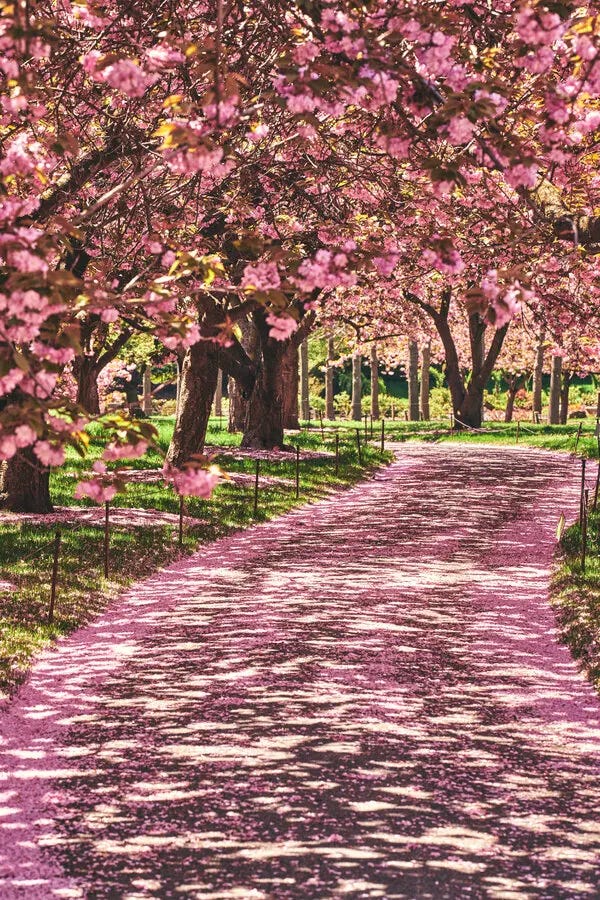Hey y’all,
I’m taking off this next week to celebrate Passover. For one thing, writing about sandwiches during a period of leavenless celebration feels cruel; for another, disconnection from electronics, peace and mindfulness, text and wine and springtime, are the essence of this holiday, and the pause will hopefully replenish my depleted mental cisterns. In the meantime, paid subscribers will still get their regular Sunday installment of “Morning & Evening,” my novella of 19th century Jewish life. L’Chaim.
I started planting my first garden this week—I have this cement patch of backyard, and I bought and built some raised garden beds, and sowed dill and basil in damp rich potting soil. Next week, when I get more earth, I’ll add peas and corn, cabbage, scallions, cucumber, rosemary, mint. It’s viscerally exciting to sow seeds, and even the waiting and watching is an act of hope. It has been a hard dark few years and with the precious seed envelopes in my hands I am never more conscious that hope is both sacrament and practice.
One of my favorite parts of the Haggadah, the long odd compendium that guides the Passover ritual meal, is the way it rarely mentions God or Moses. It wends its way through Jewish history with a strange indirectness, mixing in Aramaic with its Hebrew, chopping and screwing eras of Jewish history spanning millennia into one eternal remix. Its sidelong gaze—the way Moses, the hero of Exodus, isn’t mentioned—reminds me of another axiom about hope. It slips in through the cracks and rises. As my fellow Jew Leonard Cohen once wrote, “There’s a crack in everything. That’s how the light gets in.” (Perhaps this is an operating theory of matzah.) At any rate, I wish you the fortitude and patience to practice hope, in this season of redemption, of freedom, of new life.
Love,
Talia







Chag sameach to you Talia; Your comments about the Haggadah are most appropriate. I hope your break is more refreshing than you hope. Onward and upward!
Chag kasher v'sameach Talia.